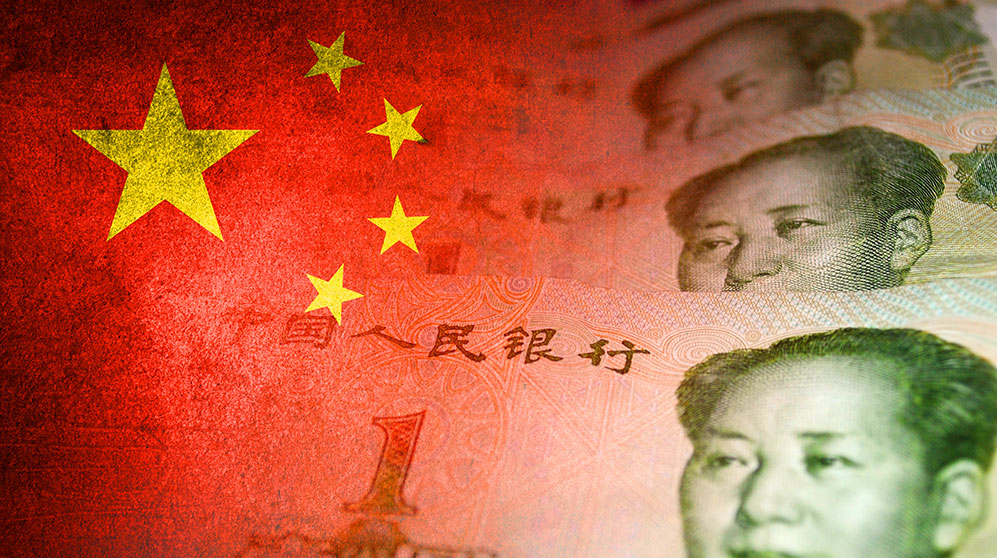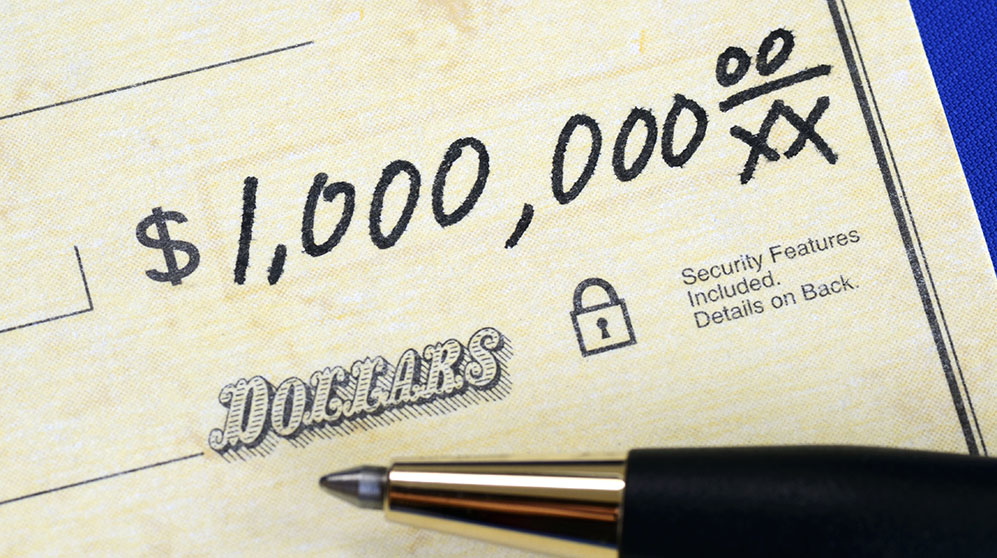The Political Paradox of China
• 4 min read
- Brief: Global Economy

Get the Latest Research & Insights
Sign up to receive an email summary of new articles posted to AMG Research & Insights.

China is a nation of inscrutable paradoxes.
That’s a monumental conundrum for the next U.S. president, who must make sense of how China manages its economy to the disadvantage of other nations, seeks statesman status on the international stage but endangers the world with its alliances and actions, and claims to build global goodwill through nation-building projects that seemingly have indentured some developing countries to the communist regime.
Let’s examine four of China’s biggest paradoxes:
The economic paradox – Chinese officials like to brag about four decades of stellar GDP growth, holding up their authoritarian government as a model for the world. Yet China is a resource-poor nation, saddled in recent years by massive real estate and government debt, which has led to a growth slowdown.
It’s true that China since 1980 has turned itself into the world’s manufacturing capital, a so-called “economic miracle” that lifted a quarter of the nation’s 1.4 billion population out of poverty. China now has a middle class bigger than the entire U.S. population of 333 million. But its middle class cannot consume all that China produces. Domestic consumption represents about 40% of China’s GDP, and workers save 44.3% of their incomes. By comparison, U.S. domestic consumption represents 68% of GDP, and Americans on average save 8.4% of their earnings.
China’s solution to overproduction is to sell the excess supply overseas, often undercutting prices for the same products manufactured in the importing countries. In effect, China is subsidizing global sales of its solar panels, electric vehicles, iron, steel and other construction materials. Can China really be such an economic powerhouse when it subsidizes industries that produce more than its citizens can consume and sells the excess at a discount around the world?
The goodwill paradox – Through its Belt and Road Initiative, China for years has been financing infrastructure in developing countries around the world: transcontinental highways, railroads and pipelines, massive power plants, and major seaports and airports. China now finances more projects in developing countries than the International Monetary Fund and the World Bank combined.
But often there is a catch to these nation-building efforts, which some recipients are now discovering. Many projects are built by Chinese labor instead of local workers and eventually operated by Chinese firms rather than domestic companies. Sometimes the projects don’t work out financially for recipient nations, like a port in Sri Lanka and rail lines in North Africa, which struggle to meet their financial obligations to China, making them susceptible to Chinese influence and leverage.
The foreign-policy paradox – China contends that it wants to be a respected player in international politics and be part of solving the world’s conflicts and crises. But in recent years, China has allied itself with three other autocratic regimes—Russia, Iran and North Korea—diminishing China’s standing within the international community. Transactionally, those alliances give energy-poor China what it really needs: natural gas from Russia, oil from Iran and markets for Chinese products. International pariah North Korea, in turn, sells weapons to Russia for its war in Ukraine in return for hard currency, which it uses to buy food products from China. China maintains these alliances despite the fact that Russia invaded Ukraine, Iran is waging a proxy war against Israel and North Korea taunts its neighbors with its nuclear- and ballistic-weapons capabilities.
The Taiwan paradox – This is a potential flashpoint in global geopolitics, as China has become increasingly belligerent and aggressive in its claim to this island nation. Taiwan was founded in 1949 by Chinese nationalists who fled here after losing the mainland to communist forces in civil war. Since then, the Taiwanese have created a democratic, capitalistic society while trying not to arouse the mainland’s ire by allying itself too closely to the United States and other democratic nations, which have pledged to defend Taiwan’s independence.
Many wonder what advantage China would gain by taking over Taiwan, considering how the communist takeover of Hong Kong squashed the once British protectorate’s economic vibrance. So why risk a war to do the same to Taiwan, which is a leading global supplier of high-tech semiconductor chips that the western world depends on and says it will defend?
No matter who wins the Nov. 5 election, the next administration will likely have its hands full reconciling these Chinese paradoxes, none of which enhance the United States’ economic wellbeing.
HOW AMG CAN HELP
Not a client? Find out more about AMG’s Personal Financial Management (PFM) or to book a free consultation call 303-486-1475 or email us the best day and time to reach you.
This information is for general information use only. It is not tailored to any specific situation, is not intended to be investment, tax, financial, legal, or other advice and should not be relied on as such. AMG’s opinions are subject to change without notice, and this report may not be updated to reflect changes in opinion. Forecasts, estimates, and certain other information contained herein are based on proprietary research and should not be considered investment advice or a recommendation to buy, sell or hold any particular security, strategy, or investment product.
Get the latest in Research & Insights
Sign up to receive a weekly email summary of new articles posted to AMG Research & Insights.



